Early this June we received multiple phone calls from concerned horse owners around Oregon and Washington fearful their horses were at risk for selenium deficiency after seeing a news story on Good Day Oregon, FOX 12.

The story shared the devastating first hand account of a horse that died of selenium deficiency. Kimberly Maus, a prominent newscaster and horse owner in Oregon lost her horse to selenium deficiency this Spring. Kimberly was kind enough to share her story with her audience and has allowed us to share it in hopes of
spreading awareness and saving even one horse from similar circumstances. She shines light on this common issue that many horse owners aren’t aware of, but is highly preventable through supplementation. To Kimberly's surprise many veterinarians aren’t educated enough on recognizing selenium deficiency to diagnose or prescribe treatment properly.
Kimberly hopes that her gelding Maverick did not die in vain as she attempts to spread awareness on an issue that so many horse owners are unaware of.

At Horse Guard, we took special interest in Kimberly’s story as it is the exact reason our founder Del Johnson started Horse Guard. He saw the effects of selenium deficiency in cattle at feed lots during his time obtaining his Ph.D. in Equine Nutrition at Washington State University. Horse Guard was created soon after, in 1978 with the production of the first over-the-counter selenium supplement for equines. He saw similar symptoms Kim’s horse showed, like muscle weakness and wasting, difficulty swallowing, coughing when eating, respiratory distress plus white muscle disease, reproductive issues, and more.
Kimberly found her beloved gelding Maverick, unable to chew, dropping his food, and even exhibited trouble drinking. He then spent 14 days in the hospital with IV and supplemental feeding tubes, and while in that two-week period there were peaks of hope, it was established by her Veterinarians that his symptoms were too far along to recover. The muscle loss and scarring in his cheeks and throat were ultimately too severe.
Our Certified Equine Nutritionist, and one of the countries leading experts on Selenium, Dr. Kelsey Nonella, Ph.D., PAS remarked, “Selenium is a critical micro-mineral that is lacking in most feedstuffs in the Pacific Northwest. It acts as an antioxidant in the body, and is critical for other bodily functions, such as immunity, reproduction, and thyroid production. The importance of 3 mg of organic selenium is crucial for your horse’s overall health. Often overlooks, selenium deficiency can missed and can be one of the most costly results due to lack of supplementation. By simply supplementing with Horse Guard you could potentially save your horses life."

Dr. Erica McKenzie, a teaching professor of Large Animal Internal Medicine at Oregon State University and one of the foremost veterinarian authorities on nutrition and muscle disease was interviewed by the Fox 12 Oregon team about Maverick’s death. Dr. McKenzie said, "She said horses should get selenium from hay but that the land, the soil, across Oregon, Washington and California is deficient in that mineral. So the hay that comes from it is too. That’s why a supplement is key."
Preventative Treatments
Supplementing your horse's diet with selenium is the best way to ensure your horse is getting adequate selenium levels. The most common applications are powders, pellets, and salt blocks. Although, Dr. McKenzie cautions the use of salt blocks with selenium in them for reaching adequate selenium levels. After conducting a large study across Oregon and Washington she saw that horses were actually more likely to be selenium deficient because you have to rely on them to eat an adequate amount of the salt block each day to get the adequate amount of selenium required.
After hearing about Kimberly’s tragic and sudden loss of Maverick the Horse Guard team reached out to Kimberly with our condolences. We were happy to hear that Kimberly’s other horse Peso, her mule, Jolly, and her donkey, Daisy, now have Horse Guard as part of their daily feed. Even more so we were overjoyed when she exclaimed, “Peso talks to my husband when he hears the bag open each morning. He looks forward to it!”
How Horse Guard Can Help
Our flagship product, Horse Guard, has 3 mg of selenium in it. Our in-house Equine Nutritionist, Dr. Kelsey J. Nonella, Ph.D., did extensive research on selenium within horses as the main focus of her thesis. Her studies concluded that a 3 mg dose of selenium per day for a 1,000lb equine were the correct levels to combat selenium deficiency and allow your equine to handle stress, which can further deplete selenium levels in their blood.
If you would like to see the full FOX 12 story please visit the linked article below. The article includes videos with interviews with Dr. Mckenzie and Kim's first hand account. Horse Guard is at the forefront of selenium research and has some great resources. See the links below with additional information. If you have any specific questions please reach out to our Certified Equine Nutritionist, Dr. Kelsey Nonella.
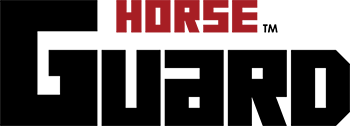
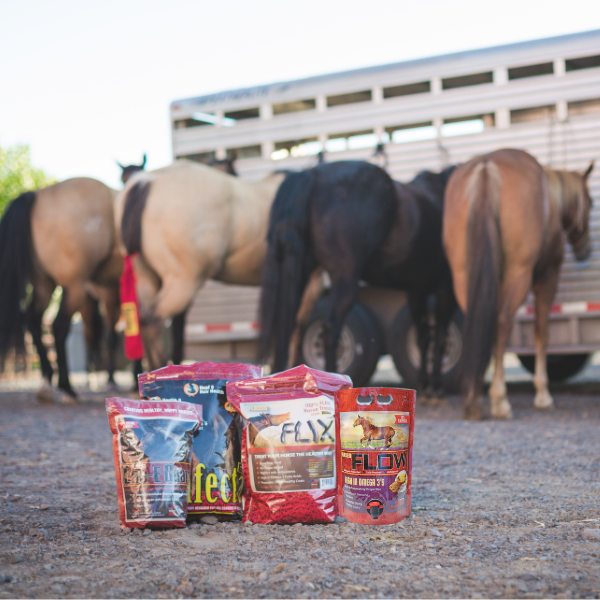
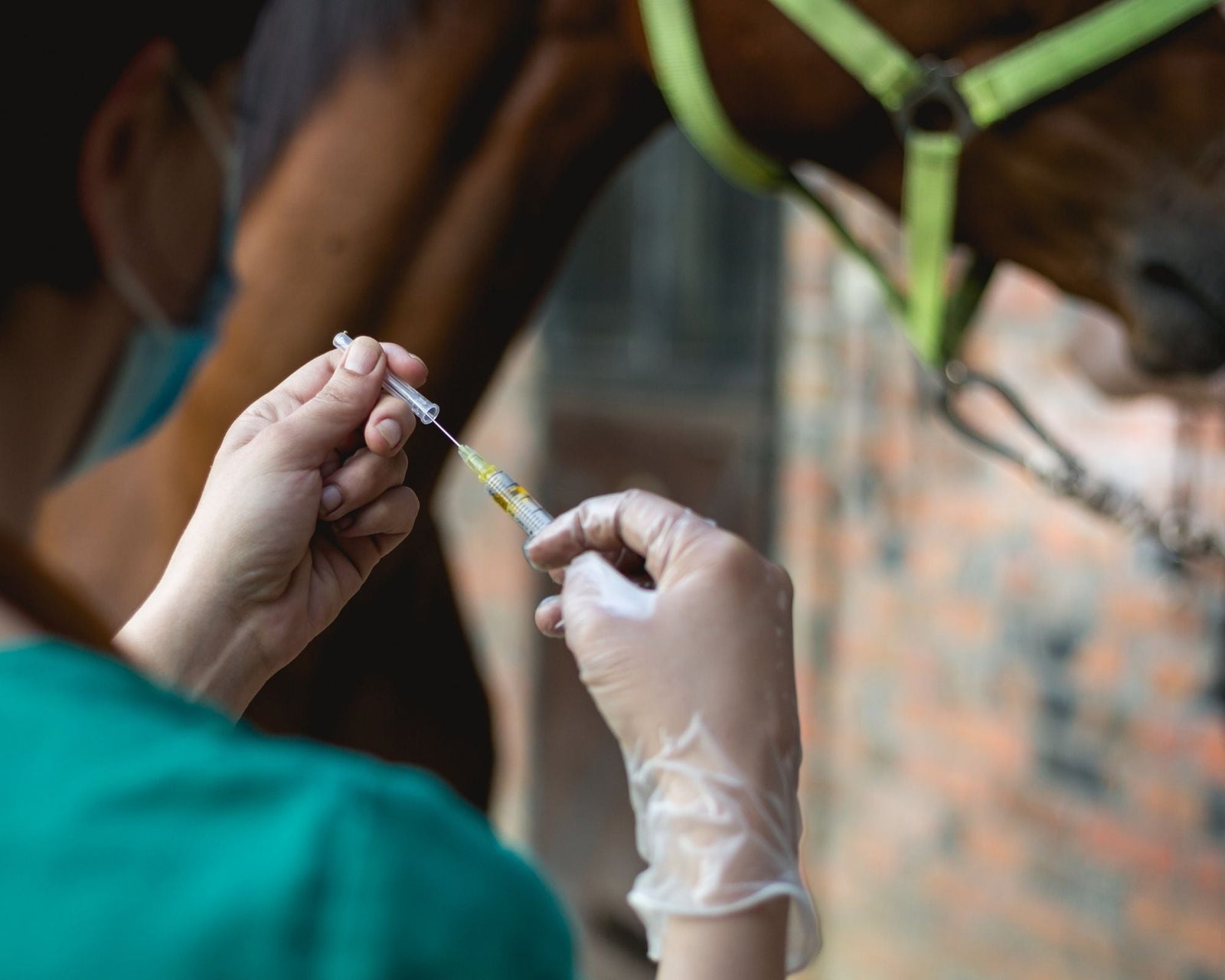

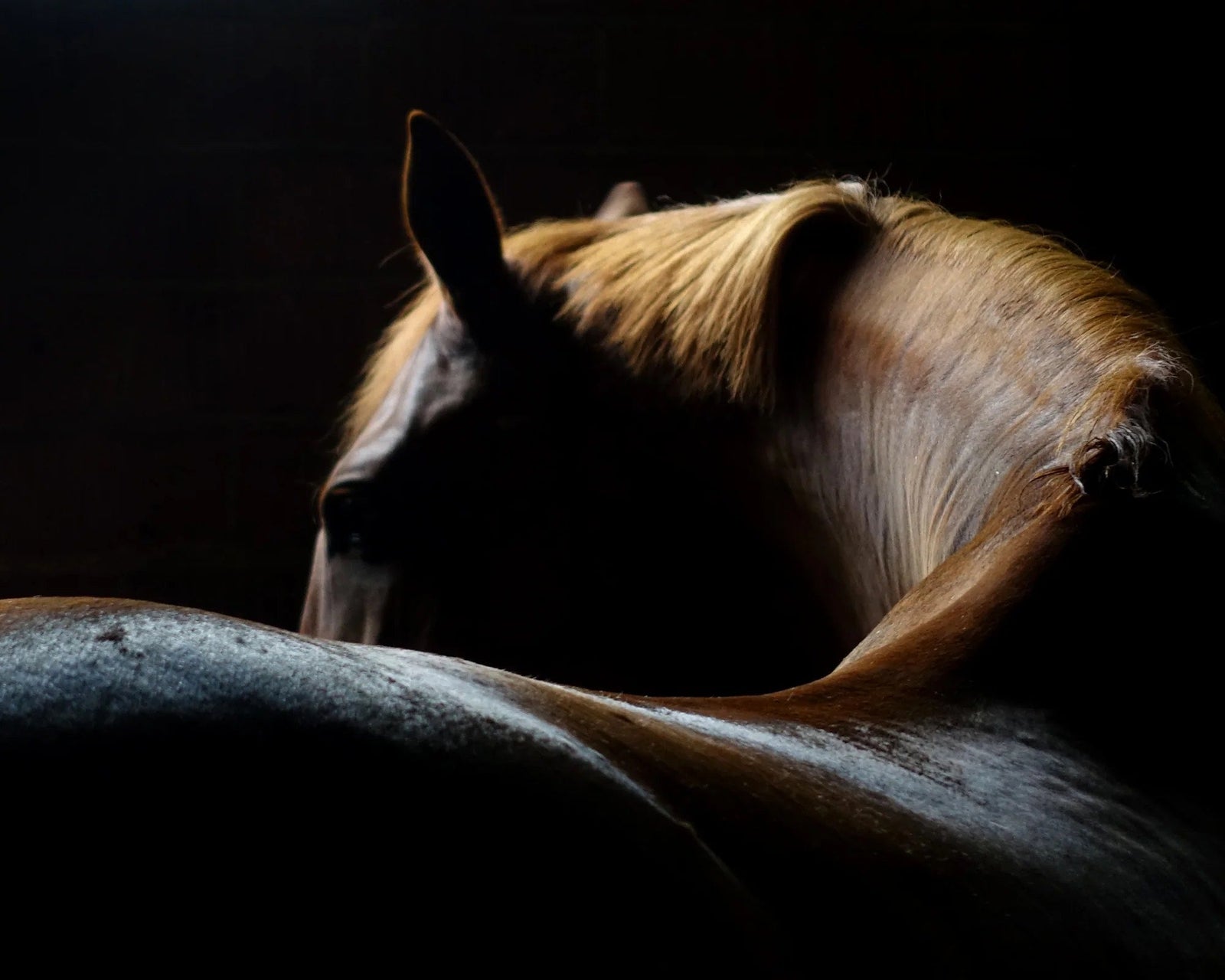
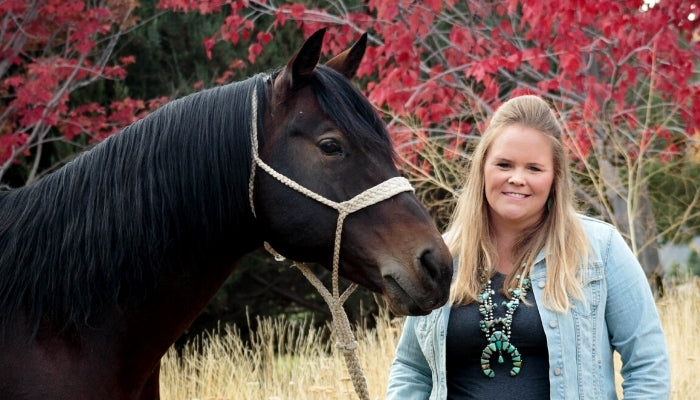
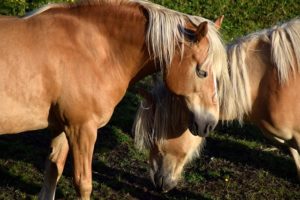
Leave a comment (all fields required)